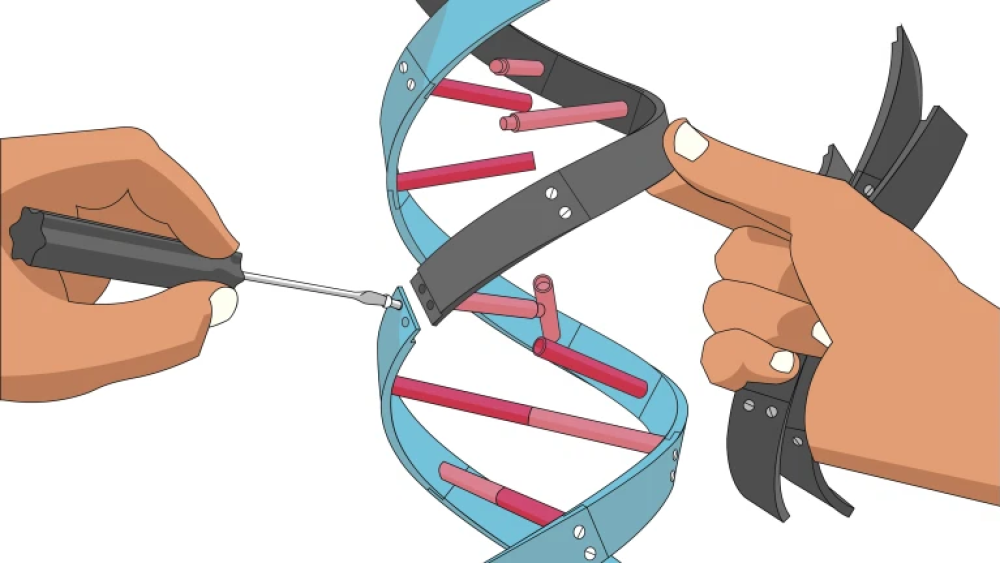
bluebird bio
NEWS
Of all the stories we published this year, these deep dives by BioSpace editors stand out as relevant re-reads going into the New Year.
These deals radically reshaped the biopharma world, either by one vaccine rival absorbing another, a Big Pharma doubling down after another failed acquisition or, in the case of Pfizer and Novo, two heavyweights duking it out over a hot obesity biotech.
Prasad Returns, Delany Departs, Lilly’s Weight Loss Pill Disappoints and Sarepta’s Fallout Continues
CBER Chief Vinay Prasad reclaimed his job less than two weeks after his mysterious exit; MAHA implementor Gray Delany is out after reportedly sparring with other agency officials over communications strategy; Eli Lilly’s first Phase III readout for oral obesity drug orforglipron missed analyst expectations; and Arrowhead Pharmaceuticals addresses the recent woes of its of partner Sarepta.
Skysona can now only be used in patients with cerebral adrenoleukodystrophy who have no available treatment alternatives or stem cell donors.
Why did two private equity firms with more than $460 billion under management want a little old gene therapy biotech called bluebird bio? We wanted to know.
Gene therapies have ridden investor mania to huge valuations but commercialization challenges have pushed market caps to the floor. At a roundtable last week, FDA leaders promised faster approvals and broad support to the industry.
After warnings that the dragged-out process was putting the cell therapy company at risk of bankruptcy, bluebird bio now has a new deal to offer shareholders.
Ayrmid’s offer is 50% higher than bluebird’s previously announced deal with Carlyle and SK Capital Partners.
Facing declining valuations and funding challenges, public biotechs like bluebird bio are going private to restructure, reduce regulatory burdens and refocus on long-term growth.
JOBS










